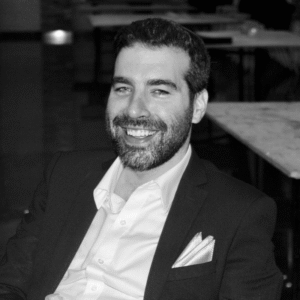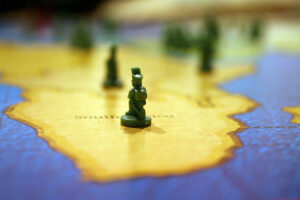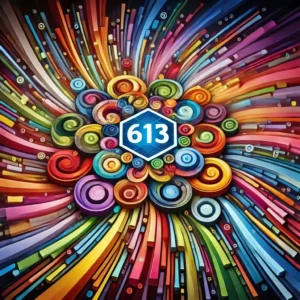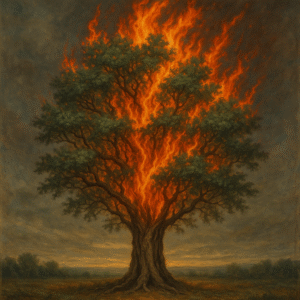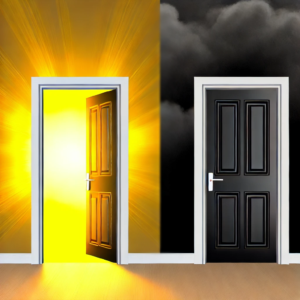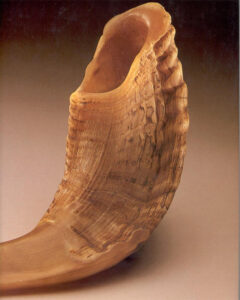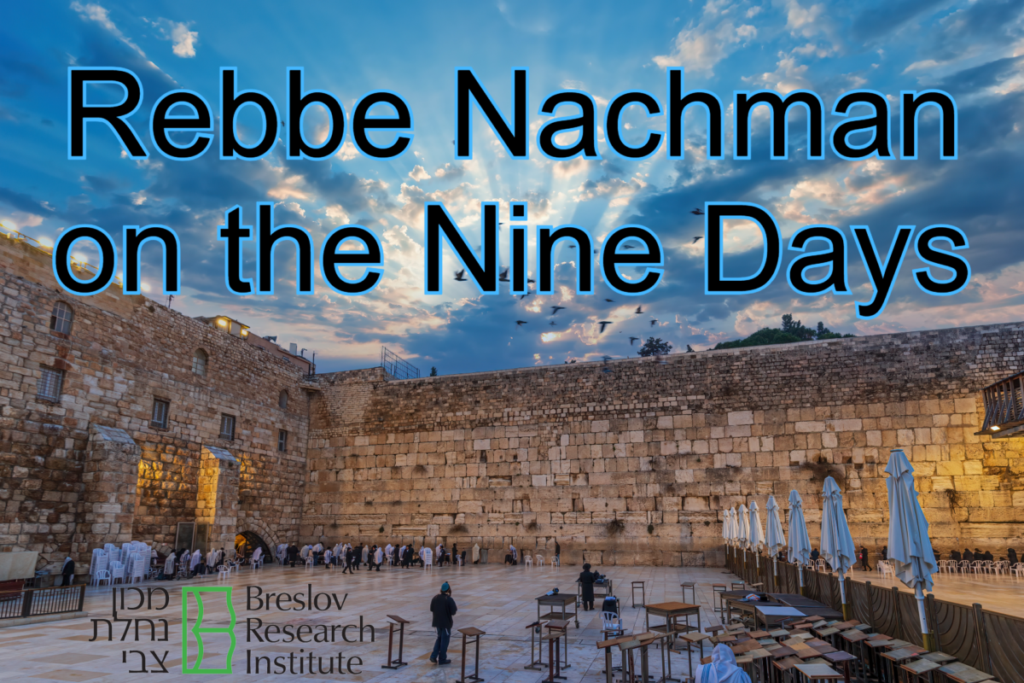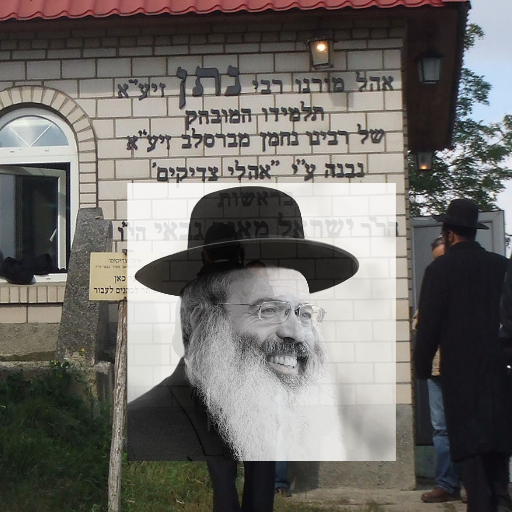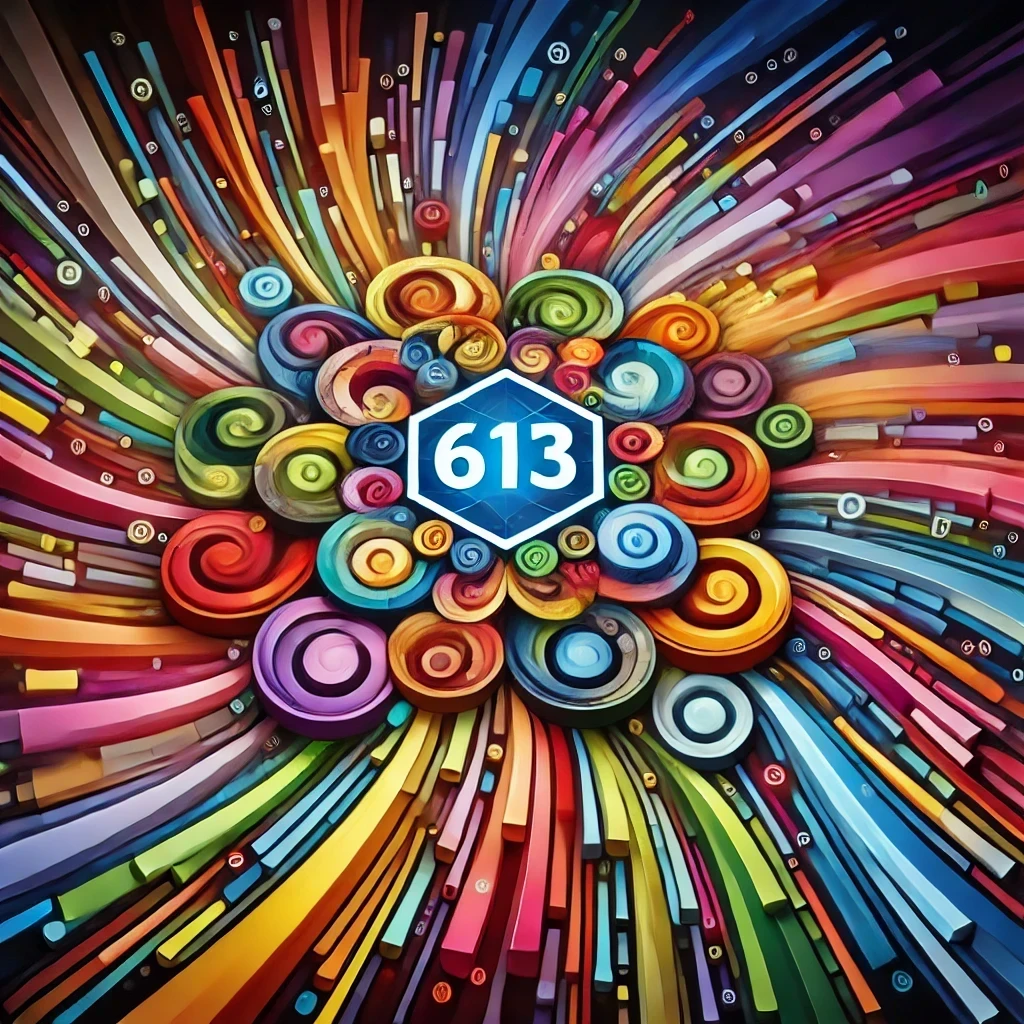Rosh Hashana Davening
We often ask people, “where do you daven yomim noraim” (where do you pray on the High Holidays)? After all, since most of the holiday is spent in the synagogue praying, it makes sense that Rosh Hashana must be all about the davening.
Many of the people who I speak to after Uman Rosh Hashana ask me how the davening was. A lot of them say they “wish they could go” and experience the booming davening in the Scheiner’s minyan or the Kloiz with thousands of people singing and dancing together. They’re absolutely right; it’s electric.
This year a few people have mentioned to me that they’re less interested in going because there won’t be large minyanim anyways, so whats the point? And then others, who don’t go, ask me, worriedly, what’s it gonna be like this year with out the big minyanim?
I’m sorry but I have to break the news to you. Uman Rosh Hashana is not about the davening. The davening is extremely powerful, but that’s not what it’s about. Rosh Hashana is the first day of the Ten Days of Teshuva. We say in the liturgy, “Teshuva, Prayer and Charity remove the evil decrees [against us]”. It’s not just prayer. There are three parts. Also, the Shofar blowing is way more intrinsic to Rosh Hashana than the liturgy. Granted, we need to say the ritual “Malchiyos, Zichronos and Shofros” (verses about Hashem’s Sovereignty, His Remembering and the Shofar) but I get this feeling that Rosh Hashana became a davening marathon, and it feels off to me.
DON’T MISUNDERSTAND ME PLEASE. I’m not saying that davening on Rosh Hashana isn’t important. It is imperative and it is an amazing tool to experience the essence of the day, but I am saying that Rosh Hashana is not about davening (Shachris, Mussaf, Mincha and Maariv).
One of the most awesome Rosh Hashanas in our history was during the era of the second Temple, when Nechemia the prophet gathered the uneducated nation together and read them laws from the Torah. They weeped as they heard the reading, because they didn’t keep the laws correctly. He told them not to cry:
“וַיֹּאמֶר לָהֶם לְכוּ אִכְלוּ מַשְׁמַנִּים וּשְׁתוּ מַמְתַקִּים וְשִׁלְחוּ מָנוֹת לְאֵין נָכוֹן לוֹ כִּי קָדוֹשׁ הַיּוֹם לַאֲדֹנֵינוּ וְאַל תֵּעָצֵבוּ כִּי חֶדְוַת יְהוָה הִיא מָעֻזְּכֶם”.
“Go, eat fat foods and drink sweet drinks and send portions [of food] to whoever has nothing prepared, for the day is holy to our Lord, and do not be sad, for the joy of the Lord is your strength”.
(Nechemia 8:10)
The people had thoughts of returning to HaShem. That’s what Rosh Hashana is about. It’s about changing your perspective, cleansing our heads and focusing on what’s really important to us. The Shofar awakens us from our sleep and it moves Hashem to be compassionate on us for our mistakes and carelessness. The davening is certainly an integral part of the program but I think more focus should be placed on other things. In Uman the meals are tremendously uplifting. The time alone spent in personal prayer is enormous. The brotherly love is unique and so many other things contribute to the specialness.
I haven’t even begun yet.
In Chayei Moharan #404, it’s written that someone said to Rebbe Nachman that he preferred to come to the Rebbe for Shabbos Shuvah instead of Rosh HaShanah. He felt it was too crowded in the synagogue on Rosh HaShanah and he wouldn’t have a good place to eat or sleep, so his mind wouldn’t be settled and he would not be able to pray properly. Rebbe Nachman answered him, “Whether you eat or don’t eat, sleep or don’t sleep, pray [properly] or don’t pray [properly], just make sure to be with me for Rosh HaShanah, no matter what!”
The Rebbe felt that it’s the most important thing to be with him on Rosh Hashana, as Hashem gifted him to understood the essence of Rosh Hashana as no one else did. He said that he can fix things for people on Rosh Hashana that no one else can. In that case, even if one feels that the davening in Uman won’t be as good for him, or the amenities stink, or the people, or the travel and discomfort will be challenging for him, he is still best-off spending the holiday with the Rebbe because the Rebbe will make sure to help him take care of what he needs to with Hashem for the new year. #worthgoing
published on TikkunHaklali.net.
- 0 comment

